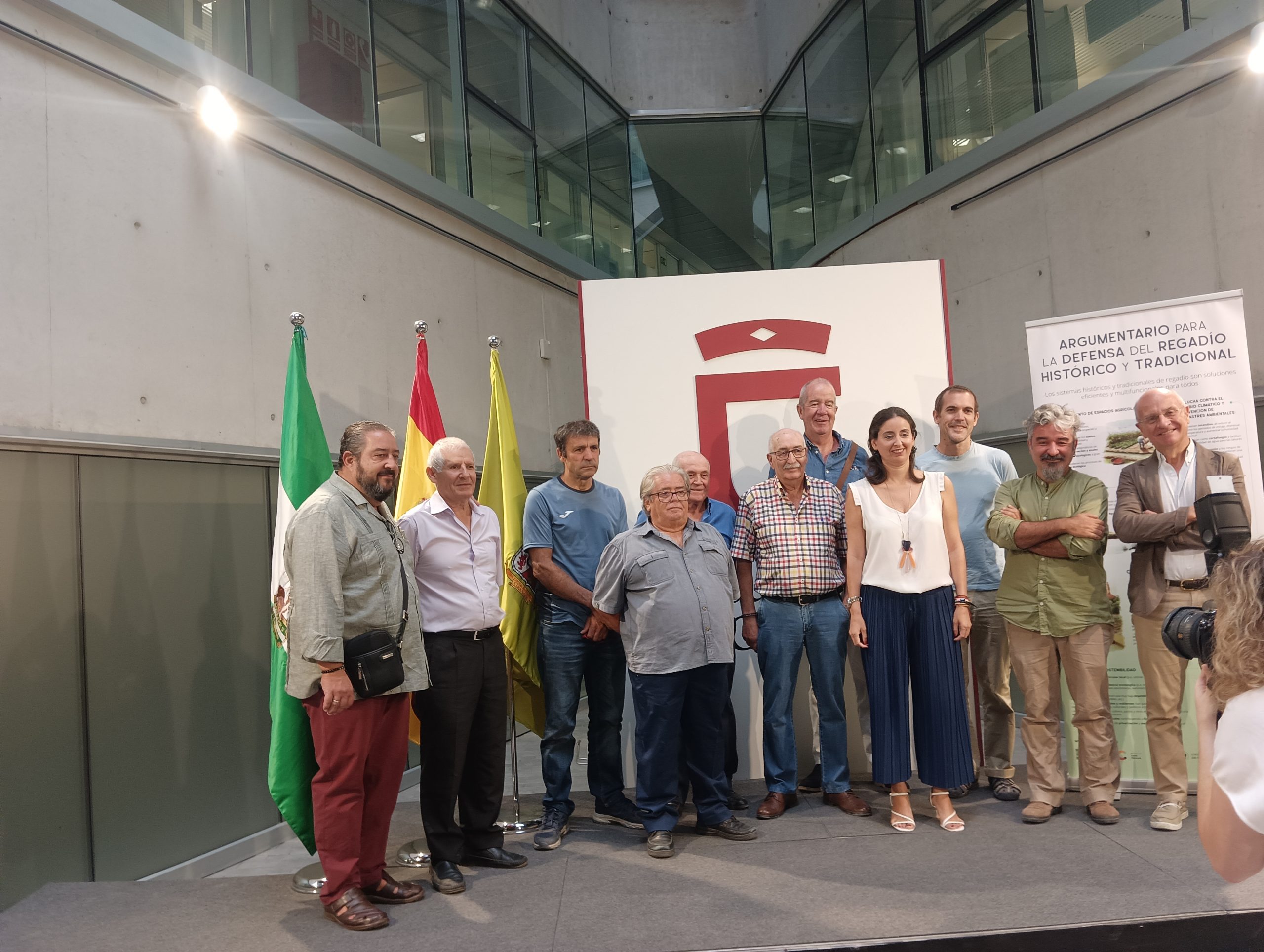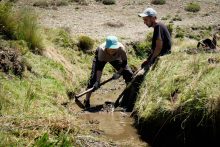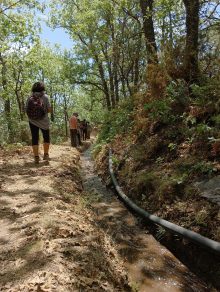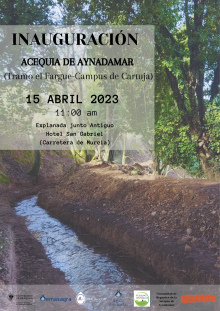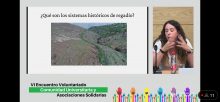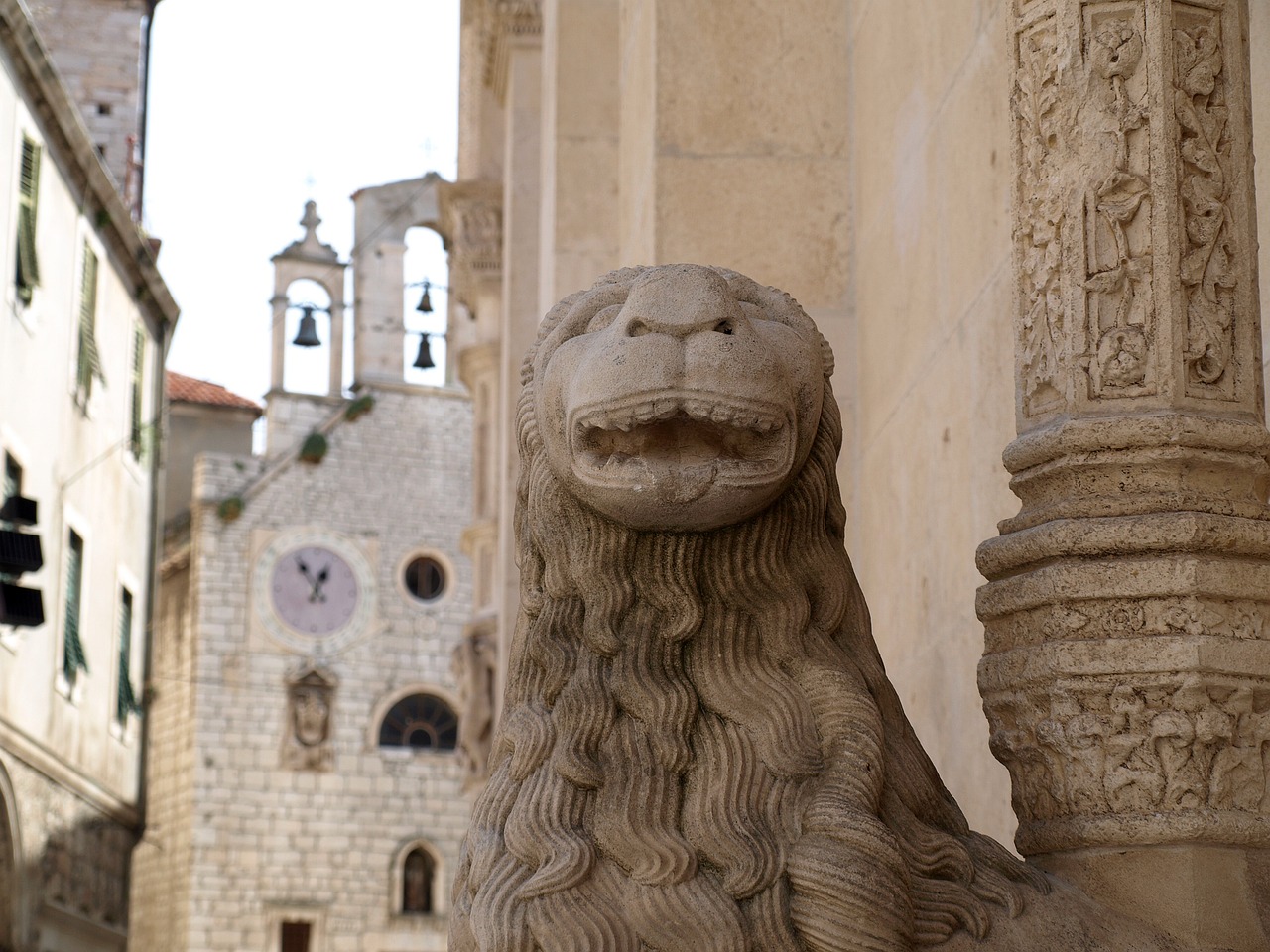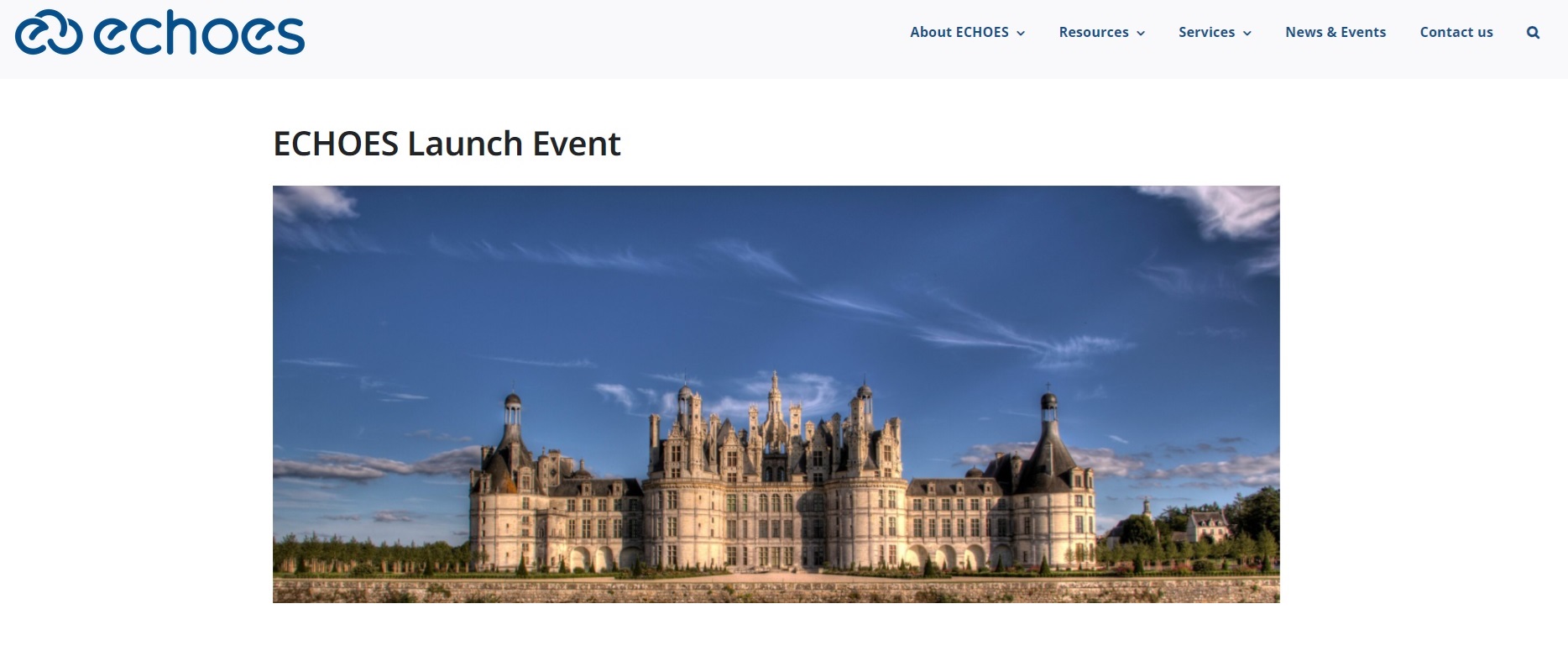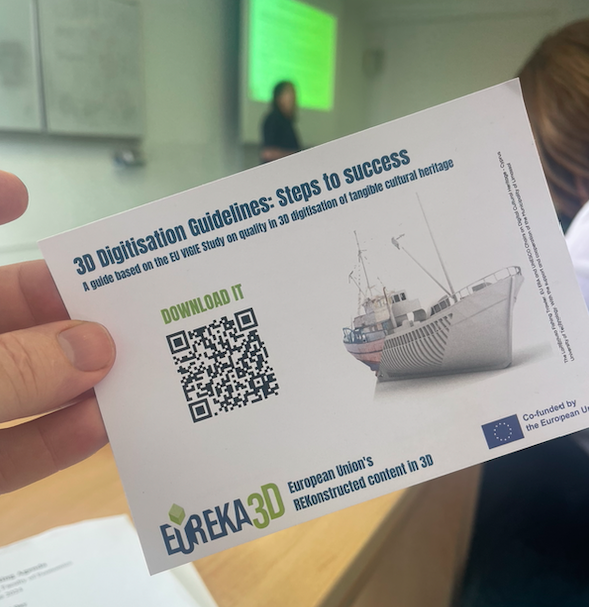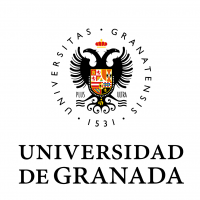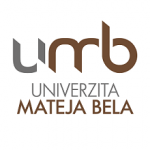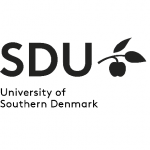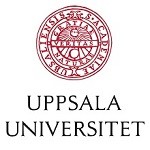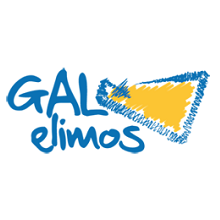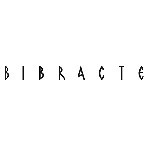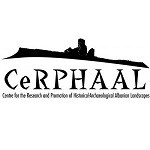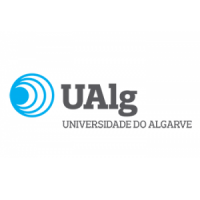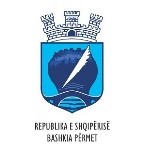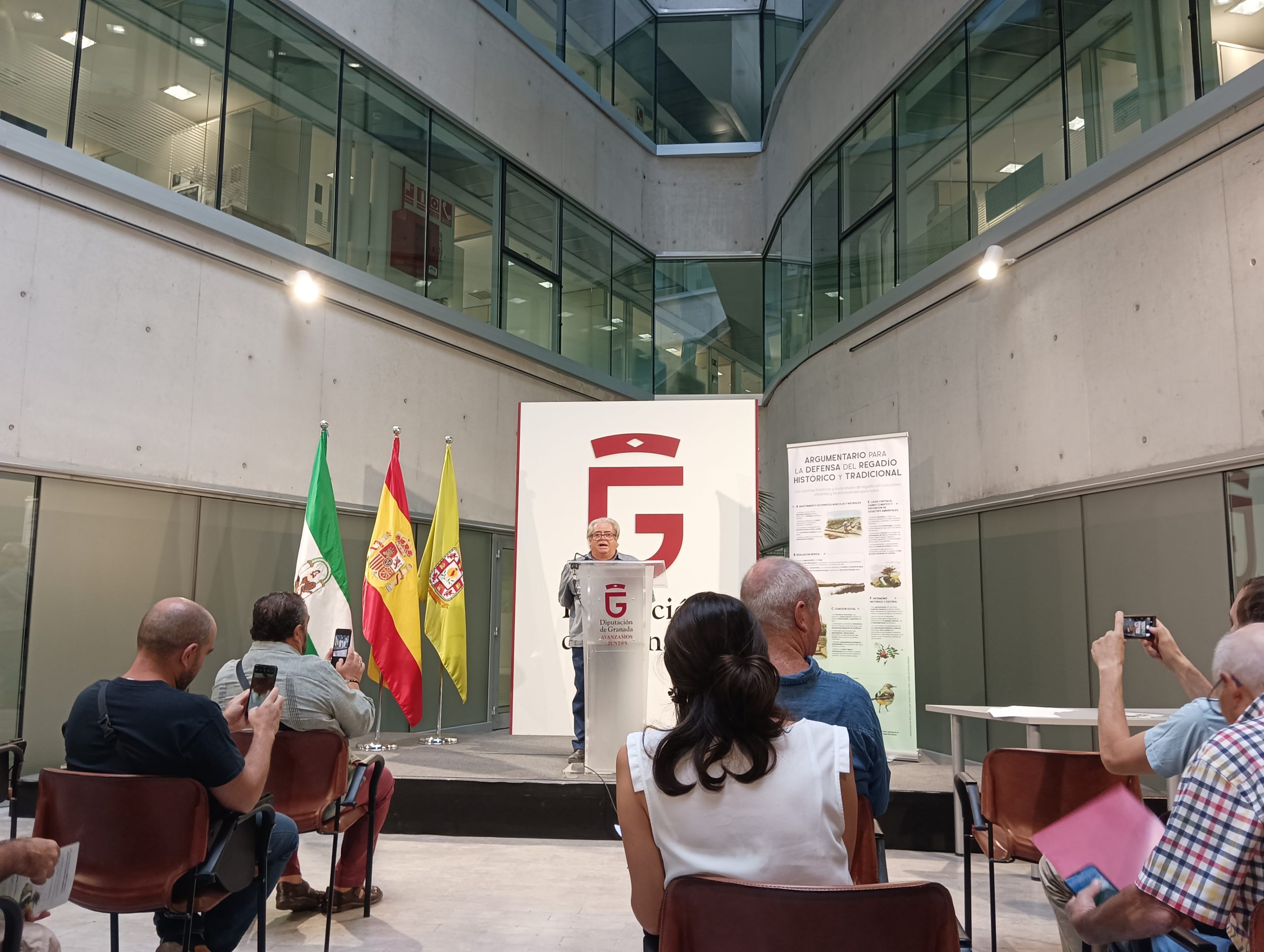 text and images courtesy of Elena Correa Jiménez (University of Granada).
text and images courtesy of Elena Correa Jiménez (University of Granada).
On 6 September, the first signing took place of the first collaboration agreements between Cáñar Irrigation Communities and Cáñar Town Councils that the INCULTUM Pilot coordinated by the University of Granada is carrying out.
The agreement has formalised the recognition by public institutions of the importance of traditional and historical irrigation in the municipality, not only for providing drinking or irrigation water to those living in the municipality and in other municipalities downstream, but also for its environmental, cultural or economic functions: aquifer recharge, generation of biodiversity, climate regulation, generation of cultural landscapes… (all these issues are summarised in Arguments in defence of traditional and historical irrigation system).
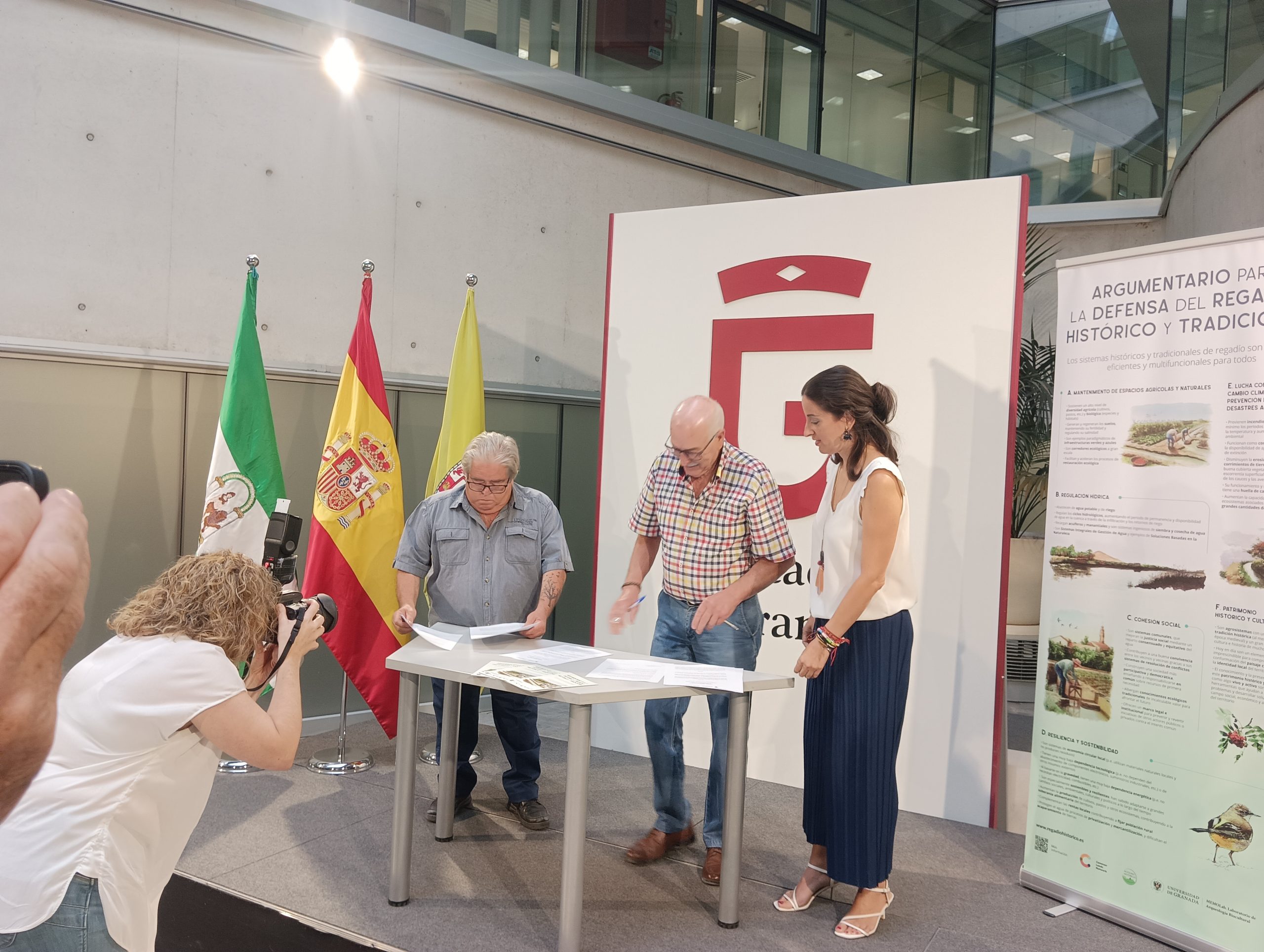
These agreements are the way to ensure a positive impact for irrigation communities through the recognition of the ecosystem services they provide. It is a possibility to diversify the supply and economic activity of farmers and livestock farmers through multifunctionality. The recognition of this multifunctionality and of the ecosystem services is fundamental, and is the main contribution.
The proposal for the trails is a consequence of this recognition, as they are areas of high cultural, environmental and landscape value. The fee-for-service agreements are a tool to contribute to the maintenance of the historical irrigation systems and, in particular, of the paths associated with the irrigation ditches.
Learn more about INCULTUM Pilot 1 – Altiplano de Granada
